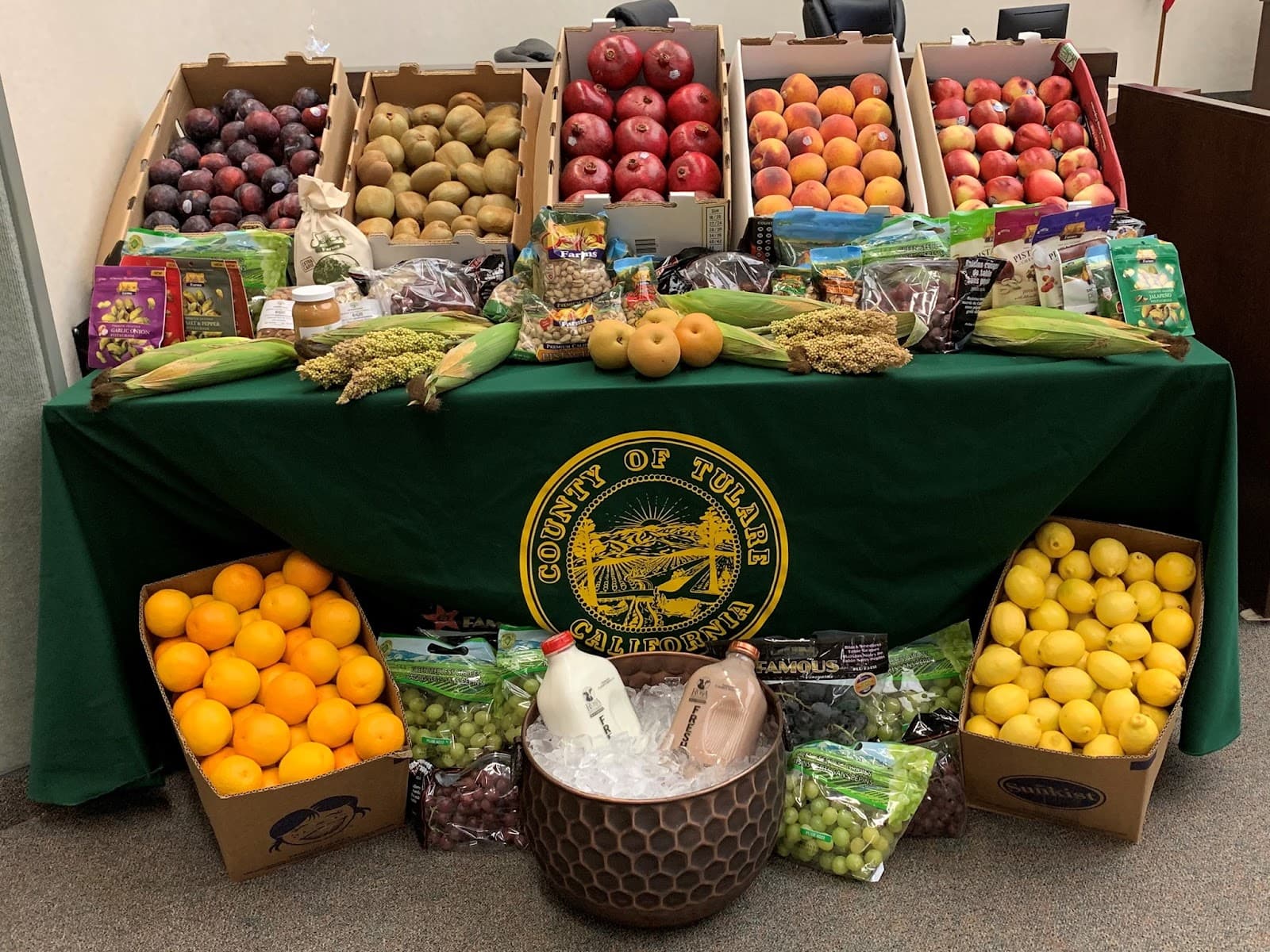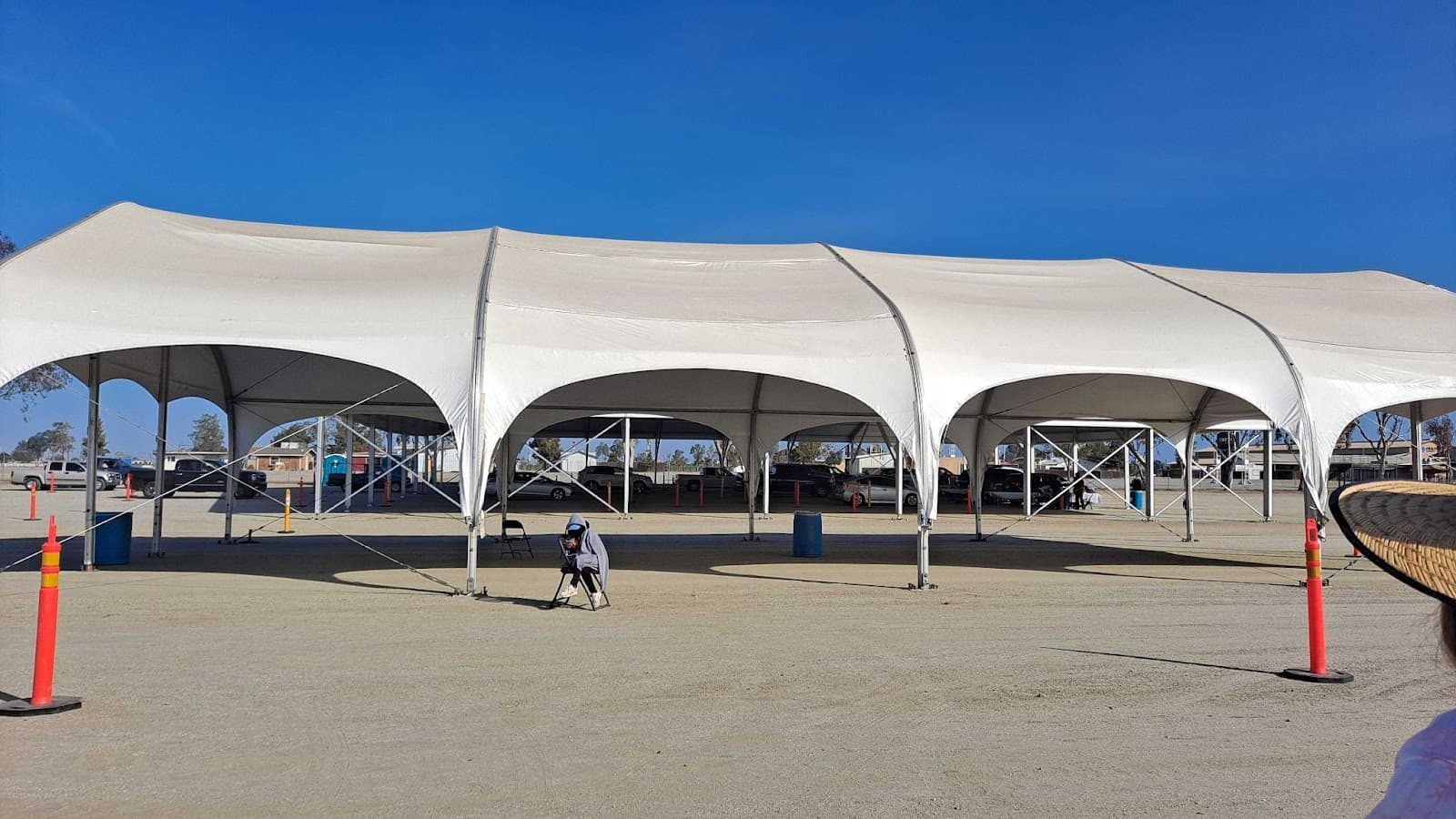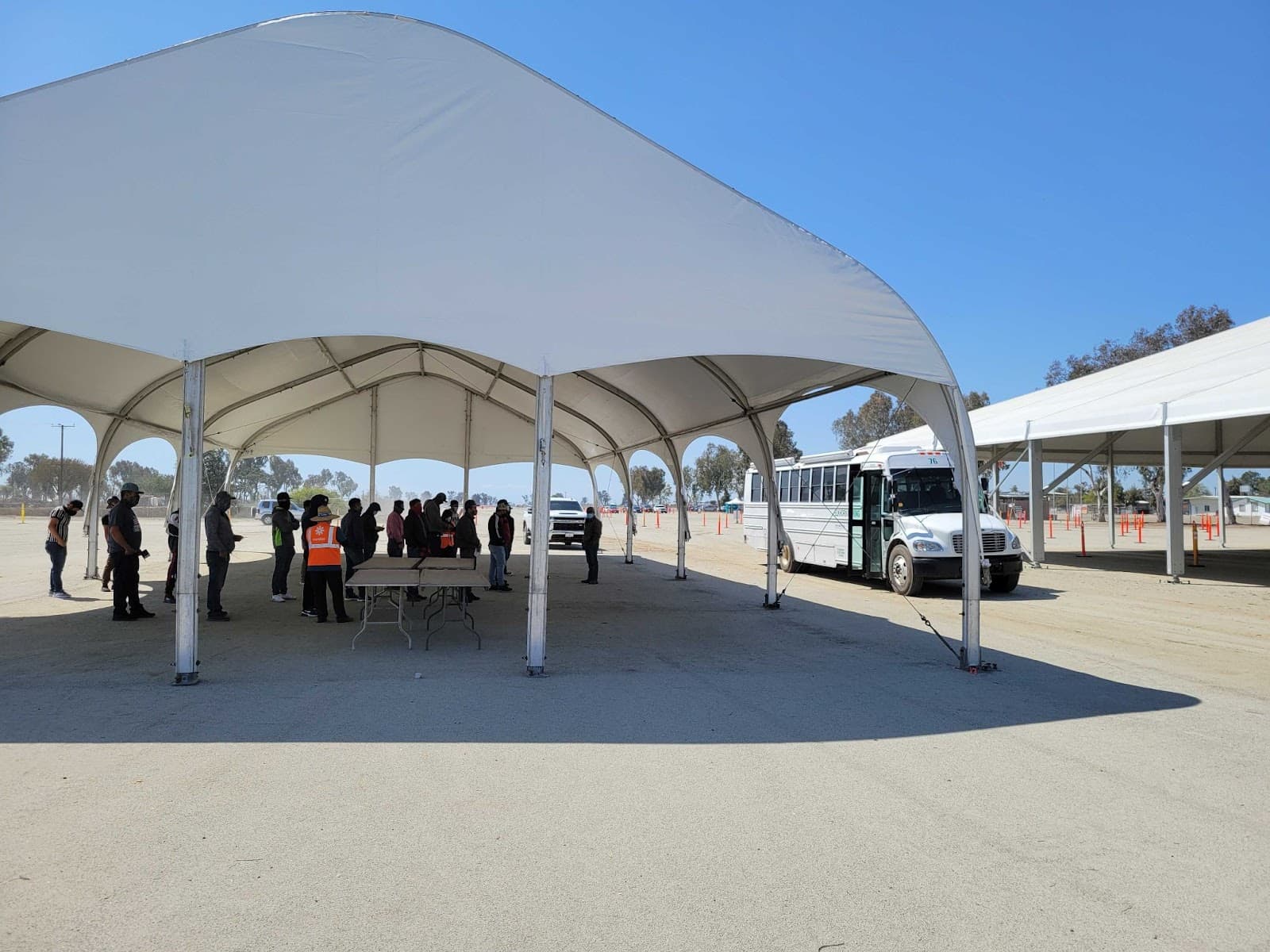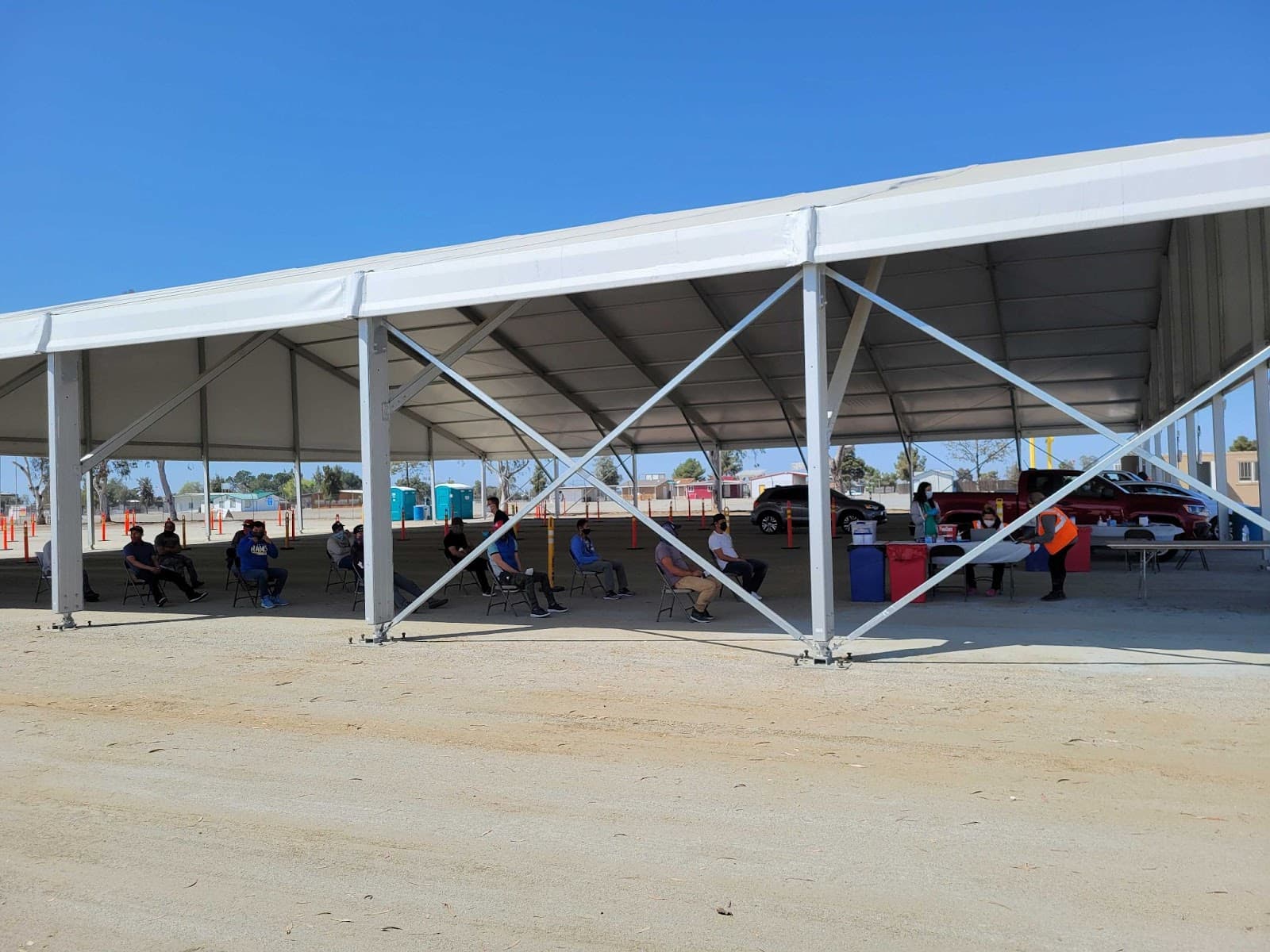Curative and Tulare County Turn the International Agricenter into a Vaccination Site: Health Equity in California’s Central Valley

4 Minutes

Team Curative

May 19, 2021
A small county in central California, Tulare, has taken COVID-19 vaccinations in stride, actively working to end the pandemic for their residents. Situated in the San Joaquin Valley between Fresno and Bakersfield, rural Tulare is home to a large agricultural industry. Its central location makes Tulare attractive to food processors and distributors. Tulare has a population of over 60,000 residents, with the median age of 29.1 and the poverty rate of 19.9%. The majority of the population identifies as Latinx, and nearly half identify as Spanish-speaking. The Central Valley, in which Tulare is located, has some of the lowest Healthy Population Index (HPI) zip codes, making the need for additional and targeted healthcare resources paramount.

The County of Tulare, in Central California, is known for its large agricultural industry workers and is home to many essential workers.
Tulare’s agricultural industry necessitates a large number of essential workers. COVID-19 has made households with essential workers especially vulnerable, as they can spread the virus to others based on living quarters. Coupled with the propensity for health issues, based on HPI scores, Tulare’s leaders knew that they needed to make the vaccination process as comfortable and streamlined as possible. We’re honored to have partnered with the county to achieve their health goals.

Curative, in partnership with Tulare County, established a mass vaccination site at the famous International Agricenter, home of the World Ag Expo
The first step was to build vaccine confidence. Curative and Tulare established a mass vaccination site in conjunction with Trinitas, an agricultural labor advocacy organization based in the Central Valley. Across California, many vulnerable essential workers have had to advocate for themselves to get vaccine doses, and Trinitas worked to lobby the state for doses to agricultural laborers. To combat hesitancy that may come from presenting identification, officials have advocated for people to come to sites regardless of identification or insurance.
“The Tulare County staff report states that the cost is, “anticipated to be eligible for 100% reimbursement through Federal Emergency Management Agency public assistance funding.” It adds that other relevant state and federal COVID relief funding could also be used to reimburse the cost.”
Our site was set up at a well-known location within the community — the International Agricenter, home of the World Ag Expo, which is a county exhibition and trade center. The average household in Tulare has two cars, and its drive-thru nature made it convenient and safe for families. The site also accepts walk-ups to combat technical difficulties patients may face. To adapt to the schedules of agricultural workers, who often work long days without the time to make it to vaccine sites, labor organizations like Trinitas and community partners bussed in workers to conduct mass-vaccination clinics, which made their operations safer and provided equitable healthcare for their employees. This effort was supported by the county, as officials work to bring vaccines to as many willing patients as possible.
“In the beginning, the county let us know that most of the region’s agricultural workers work 6 days a week with only Sundays off. So we and the county had agreed on the World Ag Center committing to the schedule we have now (Thurs-Mon) and planned to sector specific days to accommodate the food and Ag populations. We’ve also been able to accommodate buses at the site; some distribution centers and farms brought their workers all at once to get vaccinated, which was awesome. At the site, we also have a considerable amount of bilingual employees, specifically Spanish speakers. In our experience, many of the agricultural workers that have come to the site are also Spanish speakers and being able to connect with them on an interpersonal level has helped with the vaccination effort in this region. Word of mouth is big and I believe that when we’ve made patients feel comfortable in a potentially stressful situation (like getting a new vaccine), it has reverberated in the community.”
-Sabrina Diaz, Regional Manager of Vaccines at Curative

Employers bus in agricultural labors to conduct mass-vaccinations at our Tulare site, relieving the need for essential workers to adjust their schedule to get vaccinated
Since launching the site mid-March, we have distributed over 2,300 vaccines to the community. The demographic that we’ve distributed vaccines to is representative of the Central Valley population, which ensures we’re getting doses into the arms that need it most. We have relied on our local partners for expertise when it comes to communication and outreach, and by staffing our sites locally, we have provided opportunities for community members to play an active role in the health of their neighbors and themselves.

Curative employees, staffed locally, provide vaccines assist Tulare County in their goal to get all eligible and willing residents vaccinated
The initiative and dedication of Tulare County to bring vaccines to their residents in an equitable way attests to our limitless potential when working together to end the pandemic. We are continuing to build on our success in Tulare to extend our services to other healthcare needs, and we are constantly in communication with local leaders and stakeholders to identify new ways to get more people vaccinated.
Curative Inc. and its subsidiary, Curative Management Services LLC, engage with medical entities that provide vaccination services.
Sign up for our Newsletter
Table of Contents








